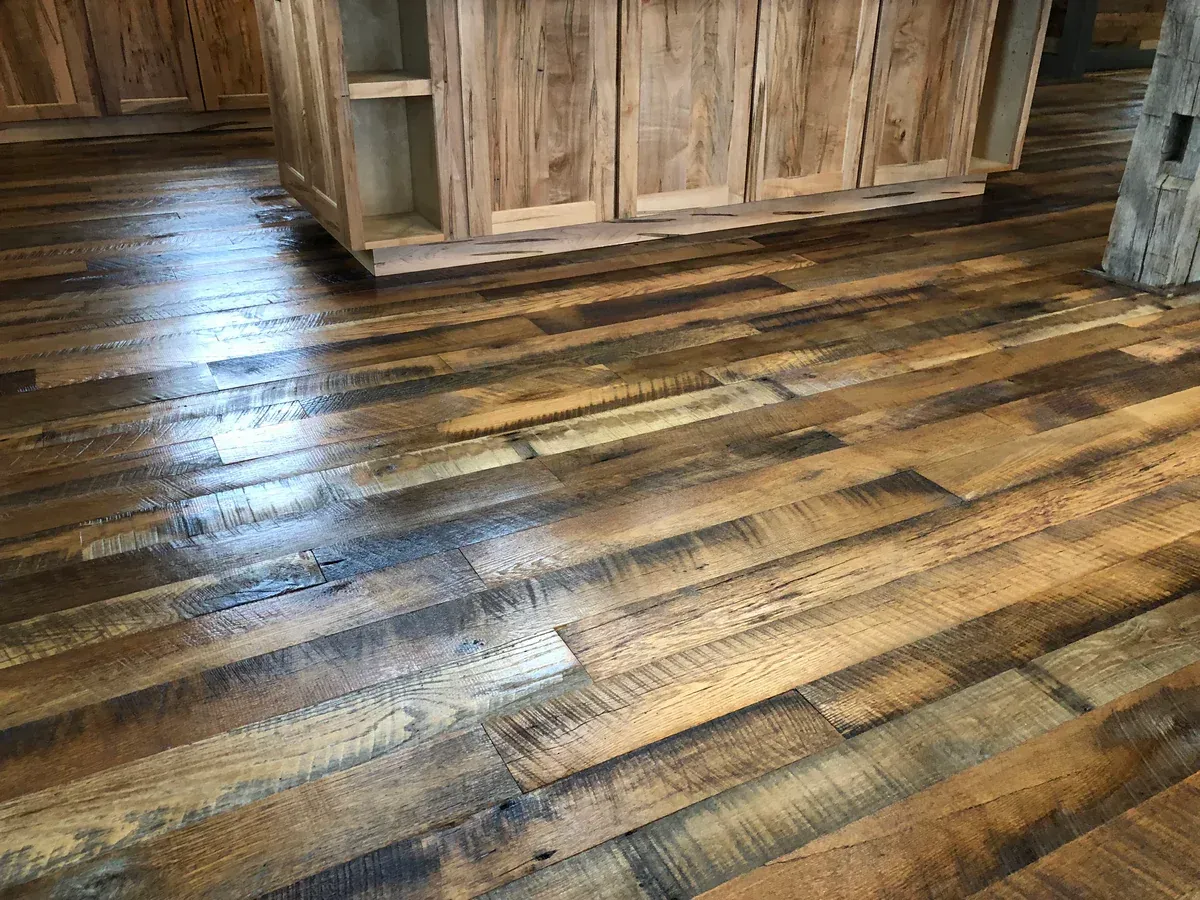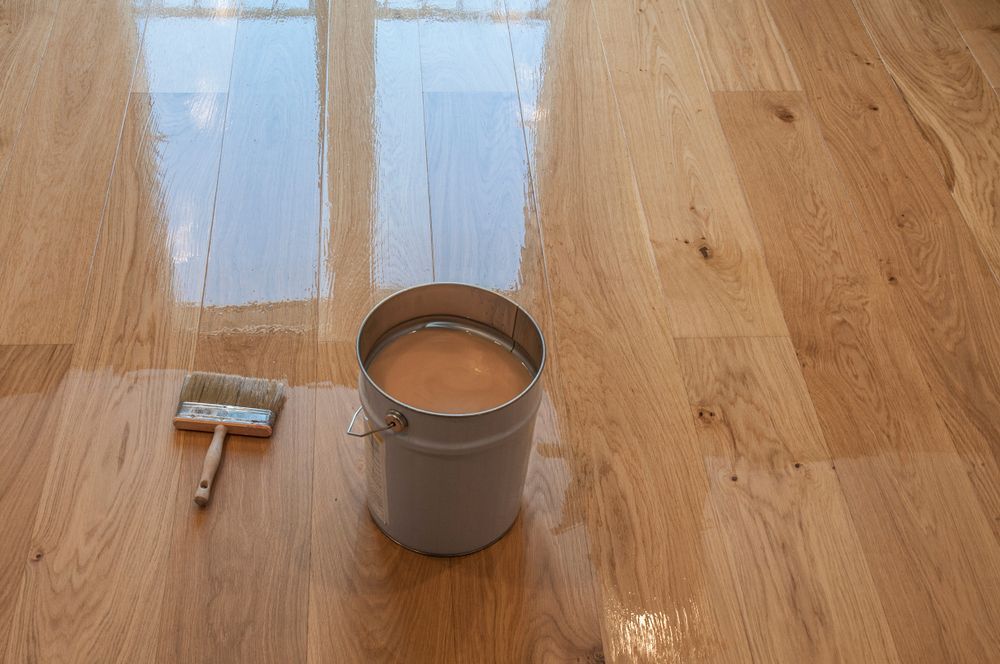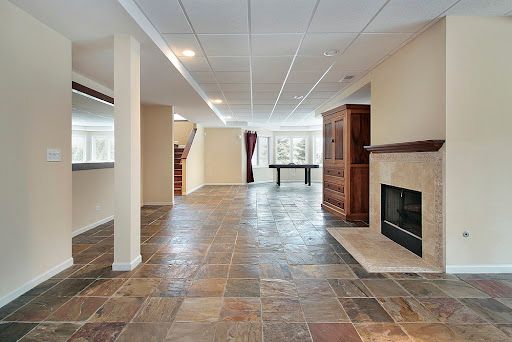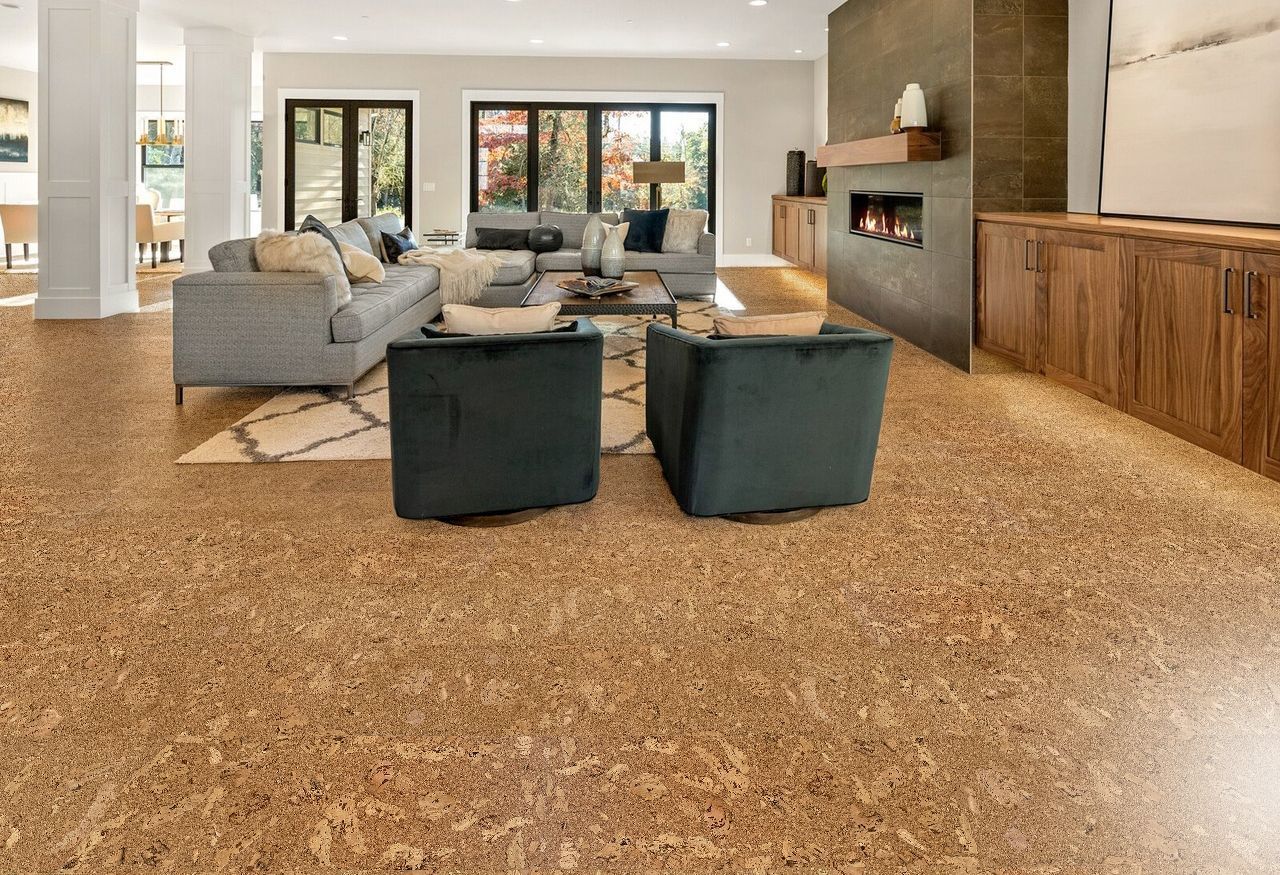Phoenix homeowners are looking for ways to make their homes more eco-friendly. Flooring is a big part of any house, and picking the right type can help the planet. You have many choices for green flooring in Phoenix.
Sustainable flooring options include bamboo, cork, and recycled materials that are both stylish and good for the environment. These materials use less energy to make and often last a long time. They can also improve your home's air quality.
You can find eco-friendly flooring at many stores in Phoenix. Some flooring companies focus on green options and can help you choose. When you pick sustainable flooring, you make your home look nice and help protect nature.
Understanding Sustainable Flooring
Sustainable flooring offers eco-friendly options that reduce environmental impact. You can choose from various materials that are renewable, recyclable, or responsibly sourced. These choices help conserve resources and promote healthier indoor spaces.
Types of Sustainable Flooring Materials
Bamboo flooring is a popular sustainable option. It grows quickly and can be harvested in 3-5 years. Bamboo needs fewer pesticides than other crops.
Cork is another green choice. It comes from the bark of cork oak trees, which regrow their bark. This makes cork a renewable resource.
Reclaimed wood gives old timber new life. You can find it from demolished buildings or fallen trees. It adds character to your home while reducing demand for new lumber.
Recycled content tiles offer a durable option. Manufacturers make them from materials like glass, porcelain, or rubber. These tiles reuse waste that might otherwise end up in landfills.
Benefits of Sustainable Flooring
Choosing sustainable flooring helps protect forests and ecosystems. You reduce the demand for new materials and the energy used to produce them.
Many eco-friendly floors are free from harmful chemicals. This improves your indoor air quality. You and your family can breathe easier in your home.
Sustainable options often last longer than traditional flooring. This means you won't need to replace your floors as often. You save money in the long run and reduce waste.
Some sustainable materials, like bamboo, are naturally resistant to pests. You won't need harsh chemicals to protect your floors. This is better for your health and the environment.
Environmental Impact Assessment
To gauge a flooring option's true impact, look beyond the material itself. Consider the entire lifecycle, from harvesting to disposal.
Check for certifications like FSC (Forest Stewardship Council) for wood products. These ensure responsible forest management.
Think about transportation. Local materials have a smaller carbon footprint than those shipped from far away.
Evaluate the manufacturing process. Some methods use less water and energy than others. Look for companies that prioritize efficient production.
Consider the floor's end of life. Can it be recycled or composted? Flooring that can be reused or biodegrades is ideal.

Sustainable Flooring Practices in Phoenix
Phoenix homeowners are embracing eco-friendly flooring options. These choices consider the local climate and use locally sourced materials when possible.
Climate Considerations for Flooring
Phoenix's hot, dry climate impacts flooring choices. Tile, luxury vinyl plank, and engineered hardwood are top picks for Phoenix homes. These materials handle temperature swings well.
Tile stays cool underfoot, perfect for scorching summers. It's durable and easy to clean.
Luxury vinyl plank resists moisture and heat. It's a practical choice for busy households.
Engineered hardwood offers the look of wood with better stability. It's less likely to warp in Phoenix's dry air.
Consider light colors for your floors. They reflect heat, keeping your home cooler.
Local Sourcing of Materials
Using local materials reduces transportation costs and supports the Arizona economy. It's a key part of sustainable flooring.
Phoenix Flooring Company offers locally sourced options. They work with Arizona suppliers when possible.
Look for flooring made from recycled or renewable materials. Bamboo and cork are eco-friendly choices that grow quickly.
Ask about the origin of your flooring materials. Choose products with low VOC emissions for better indoor air quality.
Consider reclaimed wood flooring. It gives new life to old materials and adds character to your home.
Installation and Maintenance
Proper installation and upkeep are crucial for sustainable flooring. These practices help extend the life of your floors while minimizing environmental impact.
Eco-Friendly Installation Methods
New Paragraph
Sustainable Maintenance Practices
Regular maintenance keeps floors looking great without harsh chemicals. Sweep or vacuum frequently to prevent dirt buildup. Use microfiber mops instead of disposable pads.
Clean with mild, eco-friendly solutions. Avoid petroleum-based cleaners. For wood floors, maintain proper humidity levels to prevent damage.
Refinish hardwood floors instead of replacing them when possible. This extends their lifespan and reduces waste. Use water-based finishes with low VOCs.
Address spills and scratches promptly to prevent long-term damage. Place mats at entrances to trap dirt and protect floors.

Industry Standards and Certifications
The flooring industry uses several key standards and certifications to measure sustainability. These help buyers choose eco-friendly options and guide manufacturers to improve their practices.
LEED Certification for Flooring
LEED certification is a widely recognized system for rating green buildings. Your choice of flooring can contribute to LEED points for a project.
To earn LEED points, you'll want to look for:
- Low-emitting materials
- Recycled content
- Locally sourced products
- Rapidly renewable materials
Sustainable flooring options like bamboo, cork, or reclaimed wood can help you meet LEED criteria. You should also consider the entire lifecycle of the flooring, from production to disposal.
Green Labeling and Compliance
Green labels help you identify environmentally friendly flooring options quickly. Look for these common certifications:
- Floor Score: Ensures low VOC emissions for better indoor air quality
- EPD (Environmental Product Declaration): Provides transparent info about a product's environmental impact
- HPD (Health Product Declaration): Lists ingredients and their health effects
These labels make it easier for you to compare products and make informed choices. They also push manufacturers to improve their practices and create more sustainable options.
Future Trends in Sustainable Flooring
Sustainable flooring is evolving rapidly with new materials and policies shaping the industry. You can expect exciting innovations and regulatory changes that will transform eco-friendly flooring options in the coming years.
Innovations in Material Technology
New sustainable flooring materials are emerging that combine durability with environmental benefits. Bamboo flooring continues to gain popularity due to its rapid renewability and strength. You'll also see more cork and recycled plastic options hitting the market.
Manufacturers are developing carbon-neutral production methods for traditional materials like hardwood and tile. This means you can choose classic looks without the carbon footprint.
Smart flooring with built-in sensors for energy efficiency is on the horizon. These high-tech options will help you monitor and reduce your home's energy use.
Policy Influence on Sustainability Practices
Government regulations are pushing the flooring industry towards greener practices. You can expect stricter standards for eco-friendly manufacturing and materials in the near future.
Tax incentives for sustainable building materials are likely to increase. This will make eco-friendly flooring more affordable for you as a consumer.
Building codes are evolving to require more sustainable materials in new construction. You'll see a greater emphasis on recyclable and low-emission flooring options in public and commercial spaces.
Local initiatives in Phoenix are promoting water-conserving flooring choices. This trend will likely spread to other drought-prone areas, giving you more options for water-smart home design.
Summing Up
Sustainable flooring brings many benefits to Phoenix homes. You can reduce your carbon footprint while creating a healthier living space.
Eco-friendly options like bamboo, cork, and reclaimed wood look great and last long. These materials use fewer resources and create less waste.
Low-VOC finishes keep your indoor air clean. This matters in Phoenix's hot climate where you spend lots of time indoors.
When choosing new floors, think about durability and maintenance needs. The right sustainable choice can save you money over time.
Phoenix Flooring Company offers many green flooring choices. Our team stays up-to-date on the latest sustainable options. We can help you pick floors that match your style and values.
By going green with your floors, you make your home nicer and help the planet. It's a smart choice for Phoenix homeowners who care about the environment.


